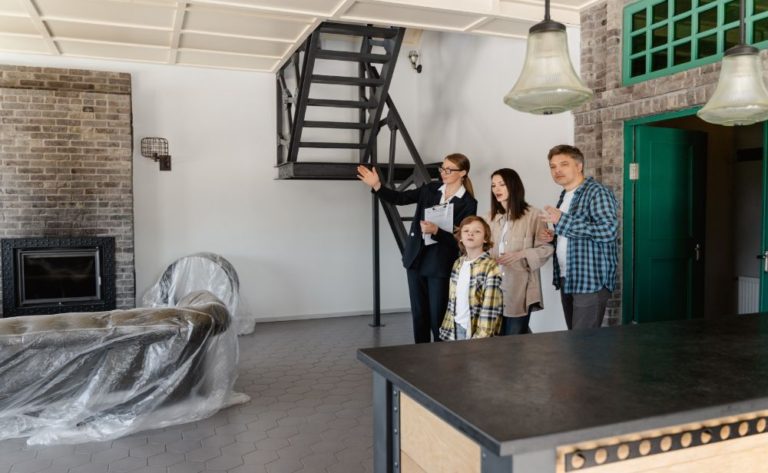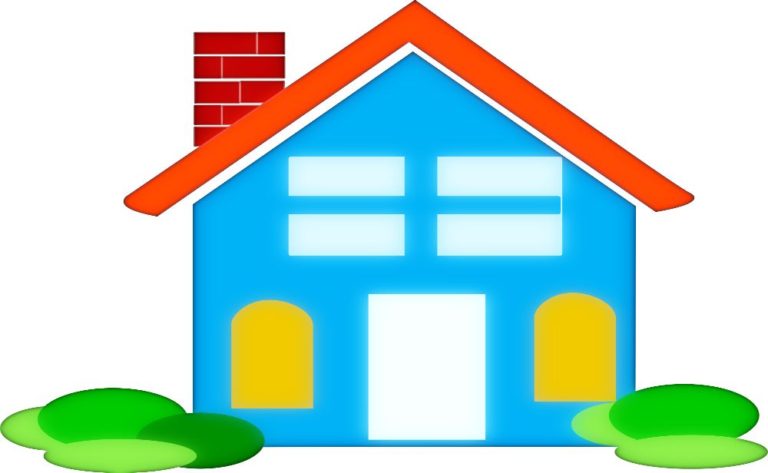What Is a Townhouse? An Ideal Home for First-Time Buyers
Even though it sounds like a question that can easily be answered, a surprising number of individuals get it incorrect and confuse this type of home with a variety of others. We are here to be of assistance! Now that we’ve cleared that up, let me help you evaluate whether or not a townhouse might be a good fit for your lifestyle.
The essential information on a townhouse
The term “townhouse” has its roots in early England, where it referred to a dwelling that a family (often royalty) kept “in town” (meaning London) even while their permanent residence was out in the countryside. The term caught on, and these days it’s used to refer to a wide variety of primary houses (rather than just an additional pied-à-terre for the wealthy) all over the world—in other words, not just in cities. This is because the name has stuck around.
A single-family dwelling in the United States that has at least two floors and shares a wall with another house is referred to as a townhouse. Each townhouse, on the other hand, is owned by a separate entity, in contrast to duplexes and fourplexes. The arrangement of townhouses and row houses is the major distinction between the two types of dwellings. In contrast to townhouses, row houses are always arranged in rows, as their name suggests, while townhouses can have more flexible layout options.
The Census Bureau provides data on newly built homes, but their reports do not differentiate between attached and detached homes; rather, they categorise all newly built homes as attached homes. In 2021, the most recent year for which data are available, there were 822,000 sales of newly constructed single-family homes, of which 83,000 were attached homes. This represents around 10% of all new constructions sold.
Census studies conducted a decade ago that did break out townhouses and row houses showed that they made up about 5.6% of the total U.S. housing inventory. This percentage is relatively low when compared to decades when townhouses were at their peak in popularity, such as the 1940s, when they made up 7.6% of the inventory.
Locations of available townhouses
In places with limited available land and expensive real estate, townhouses have become the predominant housing option. When compared to freestanding single-family homes, townhouses are a better value since they make better use of the space on the lot on which they are built because they share walls with their neighbors.
According to Robert Palmer, a financial expert and the host of the Saving Thousands Radio Show, “There are portions of the county where you don’t see any townhouses at all—typically where land is openly available.” “Where you really see town houses being utilized is in regions of transition—areas where you see an urban-to-suburban shift, before you really get into the wide expanse of the suburbs,” said a real estate agent. “Where you really see town houses being utilized is in areas of transition.” But you are not necessarily in the downtown area, which is where you will typically find more condominiums.
What’s the difference between a townhouse and a condo?
The distinction between townhouses and condominiums is not as clear cut and is contingent on the type of ownership, given that some townhouses are marketed and sold in the same manner as condos. You will only own the space on the inside of the building if you buy a townhouse that is being sold as a condo. If you buy it as a townhouse, you might even own the property outside of it, even though it might be subject to the regulations of a homeowners association if you do.
The advantages of living in a townhouse
Since you have complete ownership of a townhouse, as opposed to a condo, you are able to make significant choices regarding the maintenance and upkeep of your home. This is one advantage of townhouse ownership over condo ownership.
“If you live in a condo, there are frequently stringent laws about these decisions, and you’re trapped being a part of the larger group,” says Palmer. “You can’t make any significant judgments about the exterior of your unit when it comes to replacements, renovations, and maintenance.”
Townhouses, on the other hand, provide you with more flexibility without the hefty costs associated with the maintenance of a single-family home. According to Palmer, “when you own a single-family home, you’re fully on your own, and you’re responsible for all of the upkeep chores.” “I believe townhouses fill the gap, where you get some cost savings and benefits of being part of the bigger community and having that attached-type of housing, but you’re not limited, as you would be being part of a condo association,” he says. You get some cost savings and benefits of being part of the bigger community and having that attached-type of housing.”
Townhouses are ideal for first-time purchasers because they offer a number of benefits, including low entrance fees, low maintenance requirements, and the ability to exercise complete control over one’s space (both inside and outside the home).






